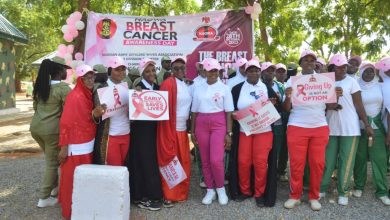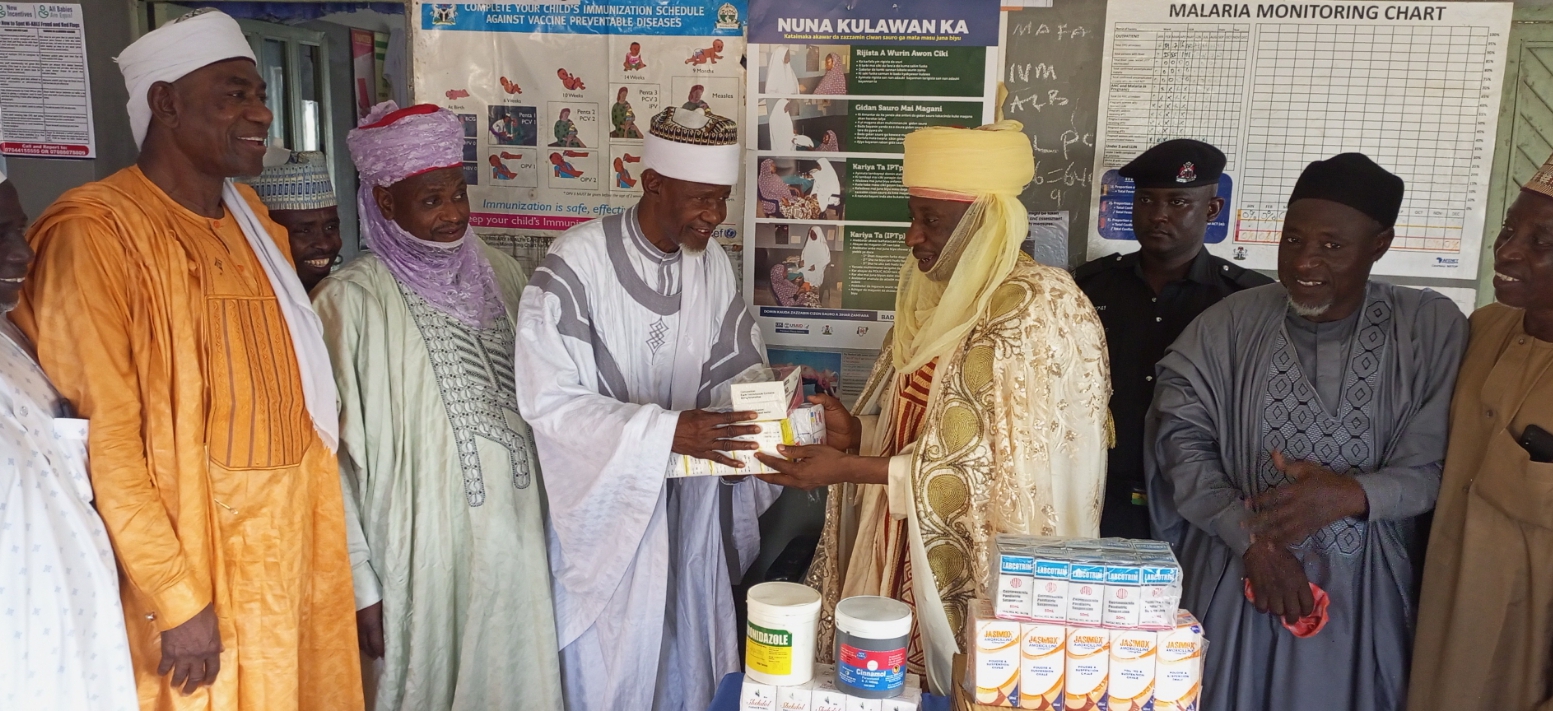
By Meerah Shinco
Condoms are an essential tool in preventing unwanted pregnancies and sexually transmitted infections (STIs). However, despite their proven effectiveness, misconceptions and myths surrounding the use of condoms persist in various regions, including Northern Nigeria. This post aims to debunk these myths and shed light on the importance of condom usage in promoting sexual health and well-being.
Myth 1: Condoms are not effective in preventing STIs.
Contrary to popular belief, condoms are highly effective in reducing the risk of STIs, including HIV/AIDS. When used correctly and consistently, condoms act as a barrier, preventing the transmission of bodily fluids between sexual partners. Numerous studies have shown that condoms are up to 98% effective in preventing the spread of STIs when used correctly.
Myth 2: Condoms reduce sexual pleasure.
Another prevalent myth is that condoms diminish sexual pleasure. While some individuals may have personal preferences, the notion that condoms universally decrease pleasure is unfounded. In fact, the use of condoms can enhance sexual experiences by reducing anxiety about unplanned pregnancies and STIs, allowing individuals to fully enjoy intimate moments without worry.
Myth 3: Condoms are only for promiscuous individuals.
One misconception that needs to be debunked is the belief that condoms are solely intended for people engaging in multiple sexual partners or casual relationships. Condoms are for everyone, regardless of their relationship status or sexual history. They serve as a responsible and proactive choice for individuals who value their sexual health and that of their partners.
Myth 4: Condoms are against religious beliefs.
Religion plays a significant role in the lives of many people in Northern Nigeria. However, it is important to note that various religious leaders, including Islamic scholars, have endorsed the use of condoms as a means of preventing the spread of diseases and ensuring family planning. These leaders recognize the importance of responsible sexual behavior and the protection of life.
Myth 5: Condoms are easily accessible and readily available.
Unfortunately, there is a misconception that condoms are not easily accessible or readily available in Northern Nigeria. While it is true that there may be pockets of limited availability, efforts have been made by both governmental and non-governmental organizations to increase access to condoms. They are often distributed free of charge in healthcare centers, pharmacies, and through outreach programs.
Conclusion:
Dispelling the myths associated with condoms is crucial in promoting sexual health and reducing the prevalence of unwanted pregnancies and STIs in Northern Nigeria. Understanding the effectiveness, pleasure-enhancing qualities, and wide accessibility of condoms can empower individuals to make informed decisions about their sexual well-being. By debunking these myths, we can foster a culture of openness, education, and responsible sexual behavior in Northern Nigeria.
NB: At Marie stops reproductive choices, we have our branded condoms named fire condoms. Interested in doing business with us? Contact us on 08069105289.
©️ Meerah Shinco










